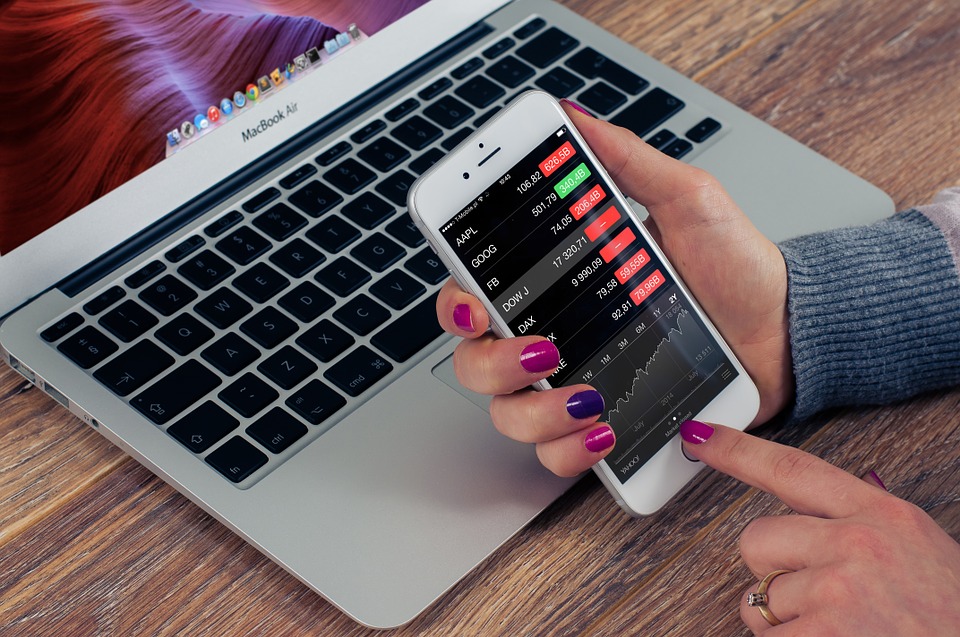
How to Pick the Right Retail Management Software
Posted on 21st Feb 2019
Key Components of Retail Management Software
Article By: ShopKeep
Retail management software (RMS) acts as a one-stop-shop for all the systems that manage your internal operations. This includes functions like tracking inventory and sales reports. While there are enterprise level ERPs and other systems available, for most small and mid-sized businesses, a modern POS system will offer all of the retail management capabilities needed. In fact, modern POS systems like ShopKeep, Square, and Vend fall firmly under the umbrella of retail management software.
With that in mind, let’s look at the main capabilities of RMS:
Point of Sale (POS)
The transaction center of your business. Your actual POS terminal feeds all the necessary information (sales transactions, customer information, updated inventory counts) into the overall system. Your RMS then turns this raw data into meaningful reports via analytics, powers your inventory management capabilities, creates customer records, and more.
Ecommerce
An online presence can do wonders for a business by creating relationships with people who otherwise live too far away to come to your store. The convenience of online shopping can also help you maintain or even strengthen your relationships with the customers you already have. Lastly, when utilized correctly, ecommerce can be a huge driver of sales and increased profitability for your business.
Analytics and Reporting
The analytics and reporting capabilities of RMS are one of the main reasons to use this kind system in your business. Reporting allows you to understand and manage everything from inventory to employee hours to sales performance. Getting this kind of information without an RMS requires manually updating spreadsheets and building complex pivot tables.
Customer Relationship Management (CRM)
These are capabilities related to how you contact and market to your customer base. This includes initiatives like loyalty programs, email newsletters, tracking purchase history, and even storing accurate contact information. Being aware of how your customers interact with your business can help you build strong, long-lasting relationships.
It’s important to note that a key characteristic of RMS is that all of the different capabilities connect, informing one another. When you make a sale online, that action updates your inventory count, sends fresh data to your analytics, and could even create a new customer record. With your tools connected, you have a greater ability to run an efficient and productive business than you would otherwise.
Why Your Business Needs CRM
Before I get into the benefits of using RMS, I want to touch on CRM, because I’m betting it’s a new term for most small business owners. Although, you may be doing CRM already without even realizing it.
To give your business the best shot at success, you need to ensure you build a relationship with your customer base. And that’s more involved than just knowing regulars by face. You have to actively engage with your customers even when they aren’t in your store. Doing so gives your one-time customers a reason to become regular shoppers.
You can do this in a few different ways. One of the most common is through email campaigns. An email can act as a reminder to a customer that they should come back to your store. These emails can share helpful content, recommend products based on past purchase history, or advertise a store-wide sale. The possibilities are endless, but the key to success is in the message.
You want to ensure that your emails are as relevant and targeted as possible. That’s customer relationship management. Sending highly relevant messages makes your customers feel like you care about them. Think about your own shopping experiences. How do you feel when a brand recommends a product to you that you absolutely love? You’re probably far more likely to go back to that store. That’s the power of CRM.
Also, consider loyalty programs. These can be even more effective than email campaigns because they are directly tied to the point of purchase. Plenty of big companies have loyalty programs that give their customers prizes or discounts for being a continuous customer. Kohl’s department store, for example, has a points program that provides customers with a five dollar coupon for every 100 points they earn. Any small business could easily employ something similar with a punch card system.
Paid loyalty programs can also be beneficial, too. Amazon Prime is probably the most popular paid membership program out right now, and it fueled the growth of the company. Amazon Prime customers spend almost twice as much as regular customers on the Amazon website.
Targeted email marketing and loyalty programs are both great ways to build customer relationships and loyalty. As far as CRM functionality in your RMS goes, you will want to ensure that your tool gives you the ability to build customer profiles. This profile will store data like purchase history, loyalty program membership stats, and as well as demographic data and contact information. You can then use this data to inform your email campaigns, loyalty program, and other marketing tactics. You could even use it to guide conversations with customers when they’re in their store.
Benefits of Retail Management Software
Using retail management software helps you stay in control of your business. It enables you to track and manage all the significant aspects of your business with one system. Think of it like an assistant that focuses on the numbers and back-of-house operations. Most modern RMS solutions are easy to use, helping to eliminate the mistakes staff can make recording information manually.
With that overview in mind, let’s take a look at some of the most popular RMS systems available, as well as the unique benefits of each.
